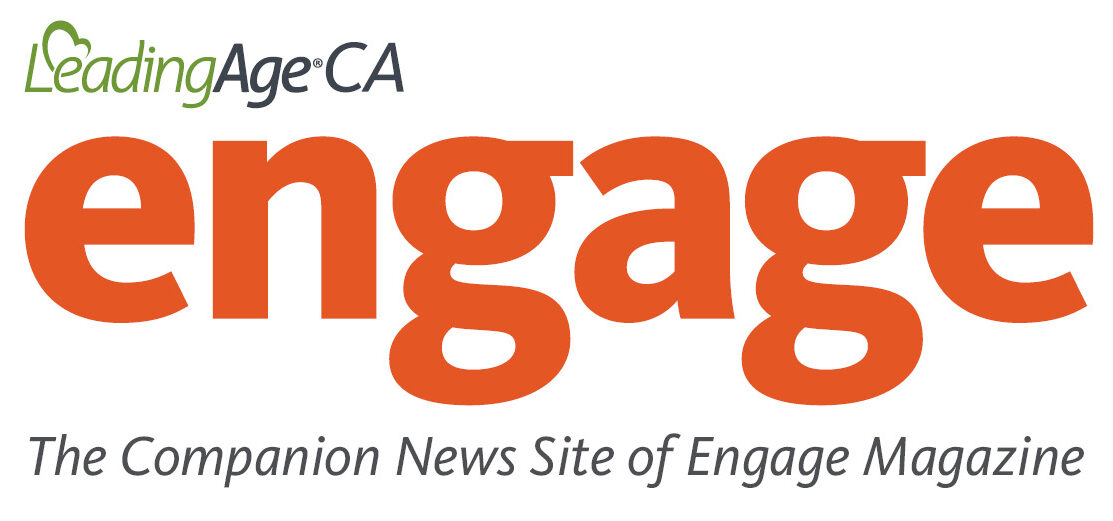By Barbara Gay, LeadingAge
In the report Hospice Deficiencies Pose Risks to Medicare Beneficiaries, the OIG analyzed Centers for Medicare and Medicaid Services (CMS) complaint data for the years 2012 through 2016, along with data from state agencies and accrediting organizations. The report found that 80% of hospices were cited for at least one deficiency in care and 20% of providers had a serious deficiency. Poor care planning and inadequate staff vetting and training caused the majority of care deficiencies.
The related report, Safeguards Must Be Strengthened to Protect Medicare Hospice Beneficiaries from Harm, reviewed twelve 2016 cases involving serious deficiencies in hospice care. The cases discussed in the report involved hospice providers’ failure to report suspected abuse or neglect of beneficiaries; failure to provide essential treatment like wound care, respiratory therapy, and pain management; mismanagement of a family’s complaint about quality of care; and state survey agencies’ failure to cite immediate jeopardy for deficiencies in care that involved serious harm to beneficiaries. The report notes that these cases do not represent the majority of hospice providers, but expresses concern that these cases show weaknesses in federal hospice regulations and protection of beneficiaries.
In these two reports, the OIG recommended several policy changes:
- CMSshould strengthen requirements for hospices to report abuse, neglect, and other harm. Current CMS guidance now requires this only “when it involves someone furnishing services on behalf of the hospice and the hospice has investigated and verified the allegation.” The recommendation is for hospices to report suspected harm regardless of the perpetrator.
- Hospices should better educate their staff to recognize potential abuse and neglect.
- CMS should strengthen guidance for state surveyors to report crimes to local law enforcement.
- CMS should improve monitoring of state survey agencies’ citations of immediate jeopardy.
- CMS should make it easier for consumers to get information on hospices through Hospice Compare and should provide better mechanisms for consumers to file complaints through a standard complaint form, publication of state agency phone numbers, and information for hospices to give consumers on their rights and the complaint process.
Katie Smith Sloan, president and CEO of LeadingAge, stated that:
“LeadingAge and its members are committed to excellence in long-term care and services. Nonprofit providers of hospice care have led the field since its inception through innovation and as drivers of social change. Even as the hospice field has evolved, nonprofit providers, research shows, have remained committed to providing a robust interdisciplinary care approach for patients and their families. We support the OIG’s recommendations for strengthening current requirements for reporting abuse and neglect, stronger CMS oversight of state survey agencies, and improved mechanisms for consumers to gain information on hospices and to also resolve issues with quality of care. LeadingAge will continue to work with CMS and other stakeholders to ensure the highest quality of care and services for people seeking hospice care at the end of life.”



